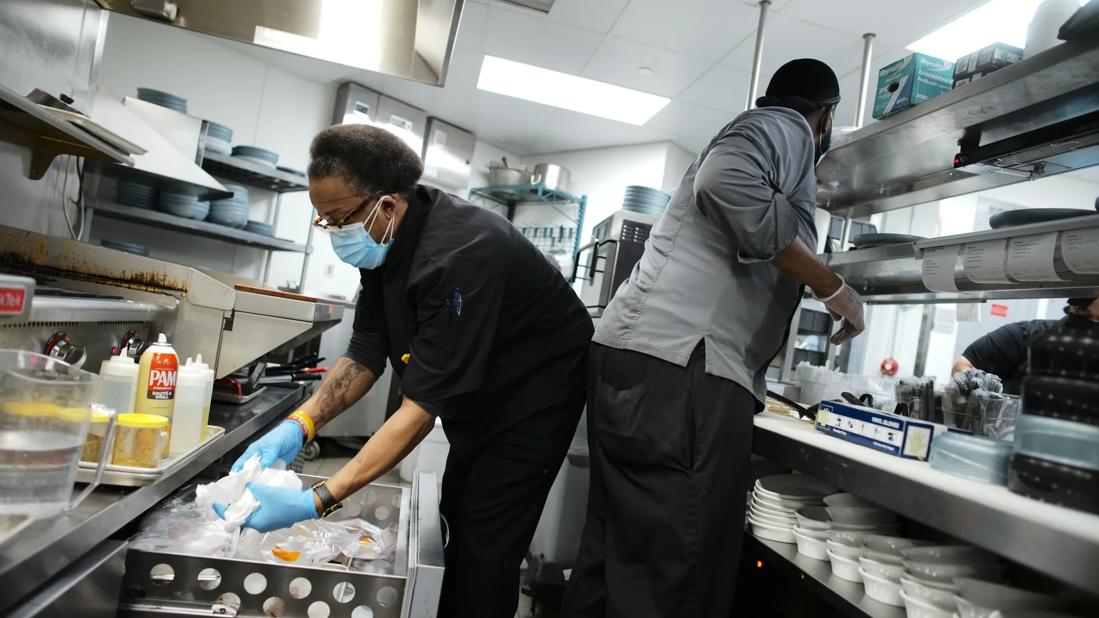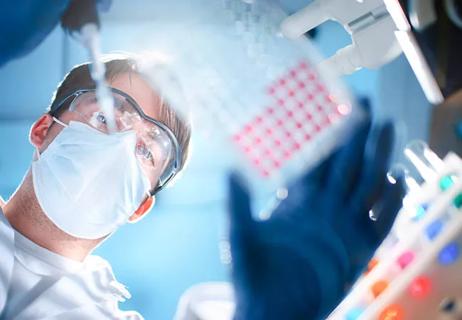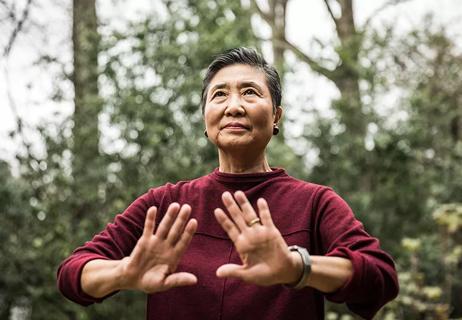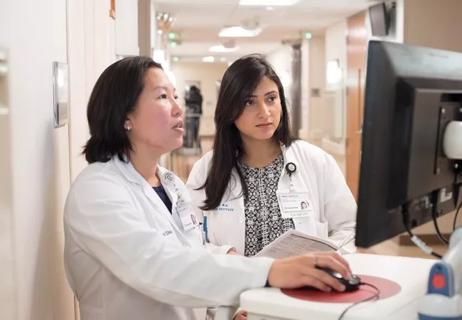A Q&A with Aaron Hamilton, MD

Growing up in Wooster, Ohio, Aaron Hamilton, MD, always held Cleveland Clinic in high regard. When the opportunity came along to practice here, he didn’t hesitate to join this “amazing team.”
Advertisement
Cleveland Clinic is a non-profit academic medical center. Advertising on our site helps support our mission. We do not endorse non-Cleveland Clinic products or services. Policy
“This is a really special place,” says Dr. Hamilton, who adds that his wife Betty Hamilton, MD, is a fellow professional staff member. “It has always been of utmost importance that we each practice in a place that affords us both personal and professional growth opportunities. Cleveland Clinic is very much that place for us.”
As Cleveland Clinic’s Medical Director for Patient Safety, our journey to become a high reliability organization (HRO) — one focused on quality and safety and a commitment to zero harm — is top of mind for Dr. Hamilton. And whether caregivers are in a clinical or non-clinical role in an organization, everyone can all do their part.
How is it that all caregivers can play a role in quality and safety?
Ask the question: How can we do better? Speak up when you see an opportunity, and be curious about our current state and how we can improve. It is about listening to each other, learning from one another and leading change together.
At Cleveland Clinic, we share tips and resources each month around the Top 10 Safety Issues for 2018. Why is this important?
This is a wonderful opportunity to highlight areas of risk, raise local awareness and drive improvement. It represents the work of many engaged caregivers.
In that spirit, we recommend all interested caregivers engage with their local teams — units, clinics, operating rooms, departments — to identify opportunities to do better as it relates to not only the top 10 safety issues, but beyond. This is at the core of high reliability; no scale of improvement is too small to make a meaningful impact.
Advertisement
What sparked your interest in medicine?
I have always been fascinated by how we connect to each other and how we work together in teams to improve the lives of others. In a former life, sports was that team lens for me. Now, that lens is our high-performing healthcare teams.
Medicine has allowed me to find fulfillment at the intersection of relationship building and cutting-edge science and technology. As a hospitalist, I get the opportunity to immerse myself in the hospital and help patients and families during some of their most difficult days. My clinical work also brings tremendous breadth and variety which keeps me on my toes and engaged.
How do you decompress from work?
Finding time for my wife and kids (Miles, 8; Madeline, 6; and Maximilian, 6 months).
Whether that is time spent coaching our children’s sports team or taking an afternoon to go paint pottery with them. These moments with family energize, refresh and build personal resilience for me.
A mentor of mine once shared some sage advice regarding taking time away from work. He said, if you wait and expect that vacations will happen without planning then there will always be something that comes up, so plan in advance. I have taken on the planning mantle in our house and make sure that we have fun family vacations every year. They have been crucial to our family wellness.
Advice you would give to your 20-year-old self?
Listen more and show more empathy.
Advertisement
Advertisement

Pulmonologist-scientist is awarded a $2 million grant from the NIH

Cardiologists offer professionals guidance for better sleep

Reduce stress by adopting mindfulness as a way of life

A Q&A with sports medicine physician Dominic King, DO

Reflections on providing all patient care with the same respect

3 Women's Professional Staff Association members field this question

Benevolence and nonmaleficence in self-disclosure

It's time to take care of YOU